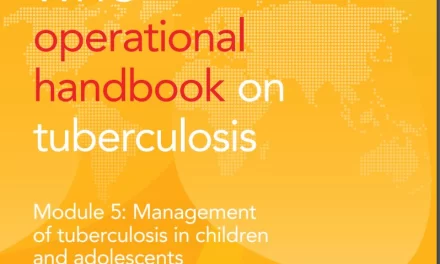Beijing, China – The Chinese government has dismissed recent claims circulating online about an “unknown virus” in China, addressing concerns surrounding the increase in cases of Human Metapneumovirus (HMPV). A Chinese Foreign Ministry spokesperson stated on Friday that the overall scale and intensity of respiratory infectious diseases in China are currently lower than last year, emphasizing that the country remains committed to ensuring a safe, comfortable, and convenient environment for both domestic and foreign travelers.
Spokesperson Guo Jiakun responded to widespread fears regarding the HMPV increase, which had fueled rumors about the emergence of a new virus. He clarified that HMPV is not a new virus, having been in circulation for over six decades, and is a well-known cause of upper respiratory infections. “HMPV infections are self-limited,” Guo explained, adding, “Calling this common virus ‘unknown’ is inconsistent with basic science and essentially fearmongering.”
Guo reassured the public that the Chinese government takes the health of its people and foreign nationals seriously. He emphasized that China’s competent health authorities and technical agencies have taken proactive steps, including sentinel surveillance for acute respiratory infections, and have publicly shared the results. The spokesperson also highlighted the close and regular communication between China and the World Health Organization (WHO), reinforcing transparency and timely information sharing about respiratory diseases.
HMPV, first discovered in 2001, is a member of the Pneumoviridae family, alongside Respiratory Syncytial Virus (RSV). The U.S. Centers for Disease Control and Prevention (CDC) has recognized it as an important cause of both upper and lower respiratory infections, especially among young children, the elderly, and those with compromised immune systems. The CDC notes that HMPV is most prevalent during late winter and spring in temperate climates.
While symptoms of HMPV typically include cough, fever, nasal congestion, and shortness of breath, the virus does not have a vaccine or antiviral treatments. Care for severely ill individuals is primarily focused on symptom management, as there are no specific drugs to target the virus itself.
The Chinese government remains confident in its health protocols and efforts to protect public safety, ensuring that both residents and visitors continue to be supported amid the current increase in respiratory illness cases.












